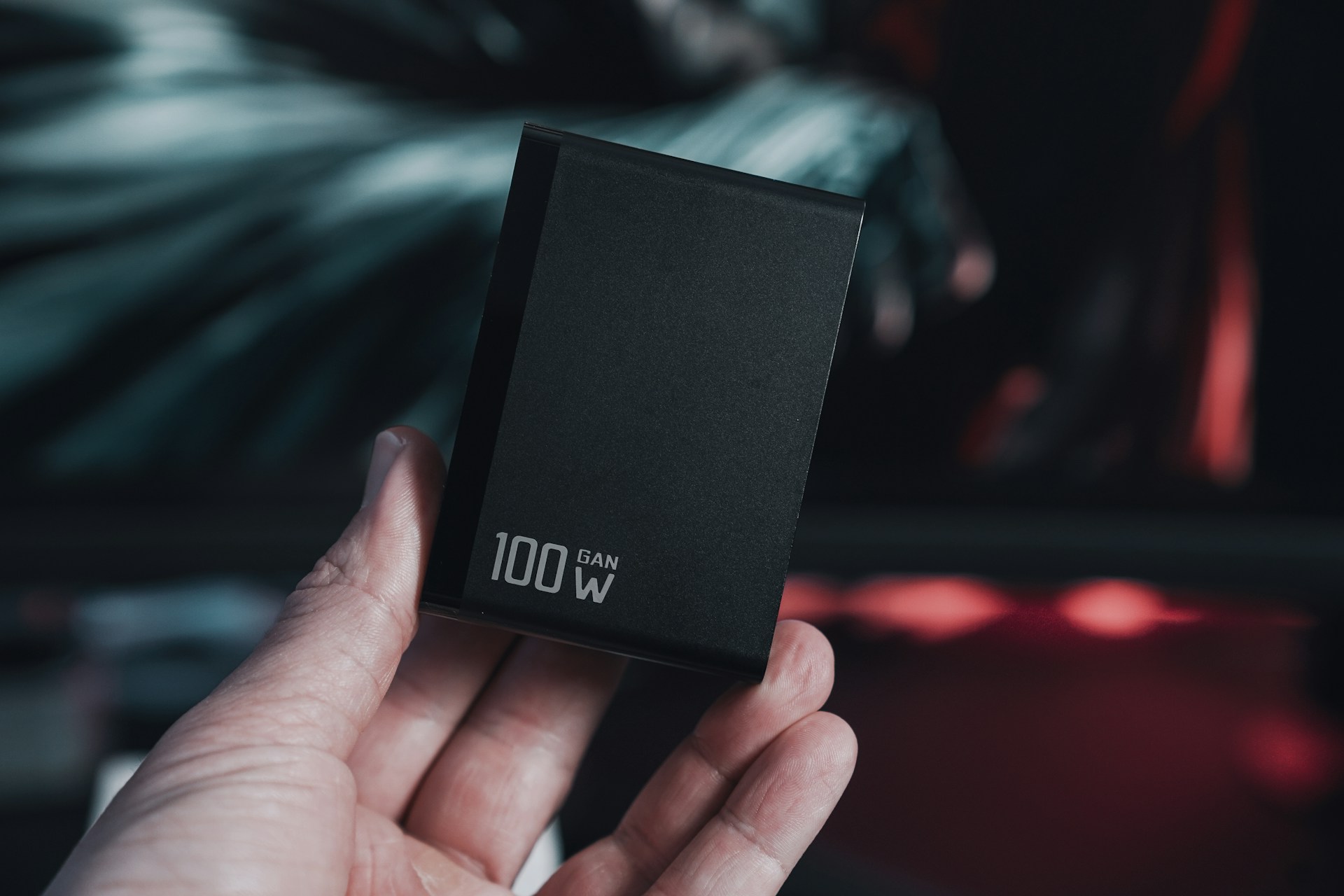A Battery Industry Emerges in Norway
From seemingly nowhere, a battery industry has sprung up in Norway with a significant objective: reducing Europe’s dependence on China. Germany is also playing a role in this development.
Oslo – Sometimes, everything falls into place, creating what can be called a fortunate coincidence. Norway is currently experiencing such a convergence, which could become a game-changer for Europe’s energy transition.
A Game-Changer for Energy Transition and Independence from China
In a matter of years, Norwegian innovators have rapidly established a battery industry. The goal: to lessen Europe’s reliance on Asia, particularly China. Currently, approximately 70 percent of the world’s batteries are produced in China. With the energy transition underway, the demand for these batteries is increasing, needed for electric vehicles, ships, and storing green energy from solar and wind power.
Solution to the Energy Crisis: Massive Rare Earth Deposit Discovered in Norway
China has an advantage due to its large reserves of raw materials essential for battery production, solar panels, and electric motors. One such material is rare earth elements, which are scarce in Europe. Recently, however, the Norwegian mining company Rare Earths Norway (REN) discovered a vast deposit of rare earth elements. Near the town of Ulefoss in southern Norway, approximately nine million tonnes of this raw material lie in the five-kilometer-wide Fens field underground – the largest deposit in Europe by far. This discovery is likely to significantly contribute to making the continent independent of raw material imports from China.
Boost to Norway’s Young Battery Industry
This finding also propels Norway’s nascent battery industry closer to its goals. The industry not only requires these raw materials for production but also depends on green energy for its operations, which is inconceivable without rare earth elements. One of the emerging companies, symbolically named Morrow Batteries, signifies a nod towards the future.
The discovery of this massive rare earth deposit in Norway presents a significant opportunity for Europe to secure its energy independence, driving forward the energy transition and reducing reliance on Chinese imports.
